The Russian election is perhaps the only one this year for which the results had been reported well before the first ballots had been cast.
Driving the news: People in Russia and occupied Ukraine are heading to the polls this weekend to vote in the national election, but given the lack of genuine opposition to current President Vladimir Putin, the Russian leader is all but guaranteed another six years in power.

.png)
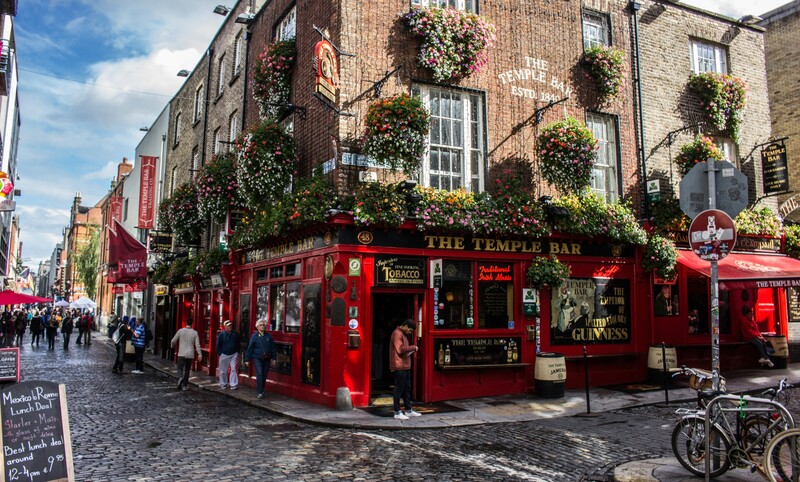
.png)
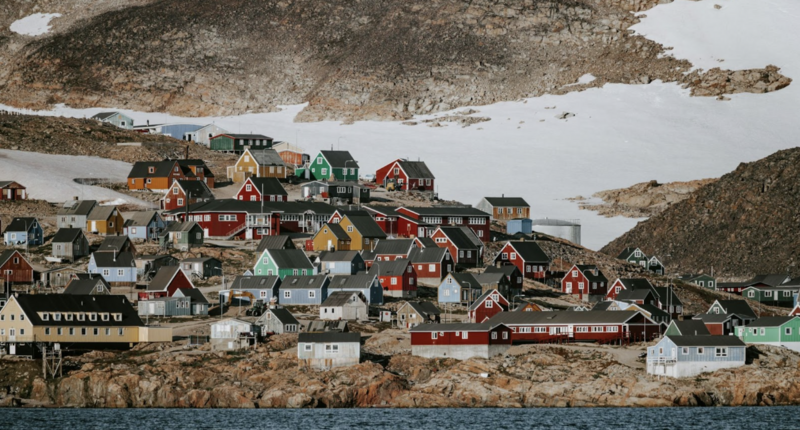
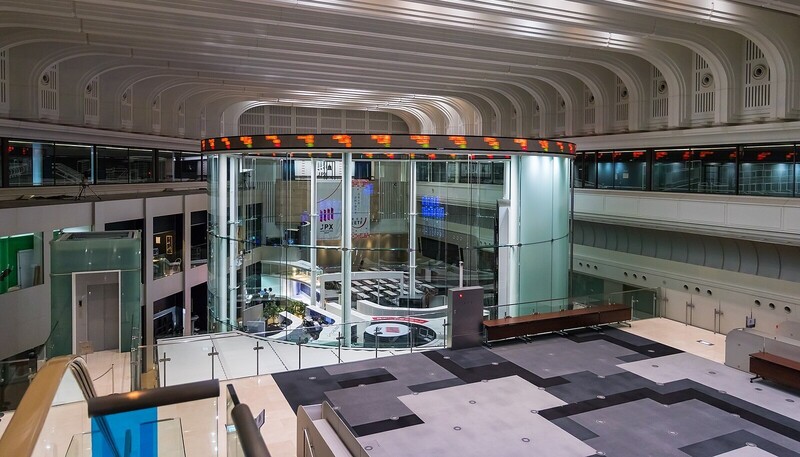
.jpg)
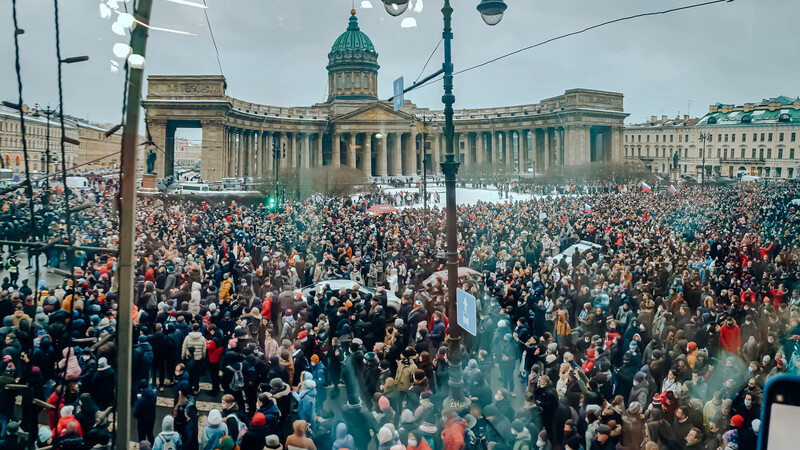
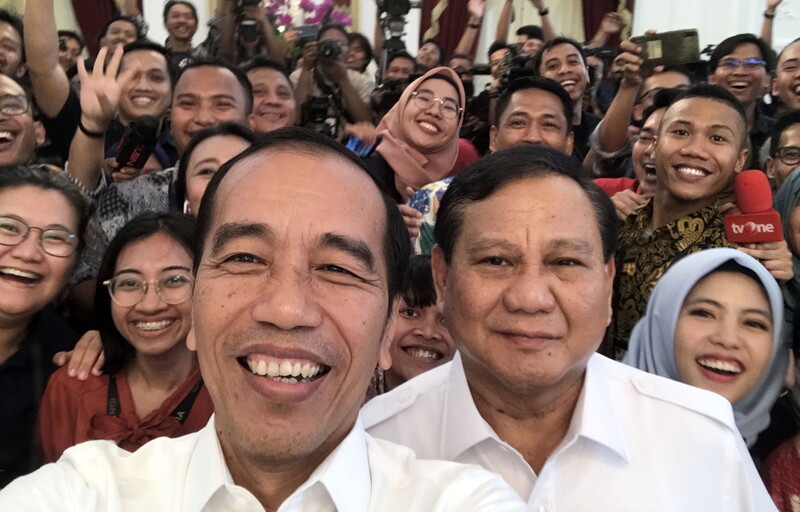
%20(15).png)